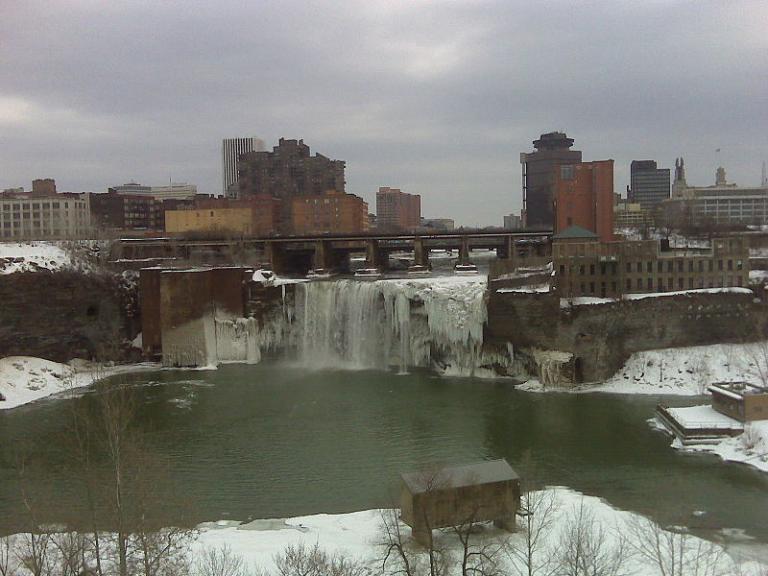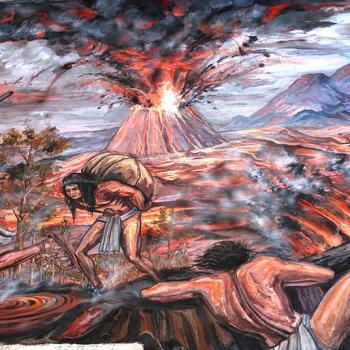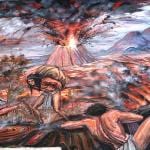
(Wikimedia Commons)
I’ll mention just a few interesting aspects of Alma 51.
1.
It’s scarcely surprising that the “kingmen,” who sought the restoration of the monarchy, “were those of high birth” (51:8). After all, had Mosiah II not abolished the Nephite monarchy a mere twenty-five years before, they would have been aristocrats. They were probably the children of those who had acquiesced in Mosiah’s reform. But they weren’t at all resigned to their parents’ decision. They resented it.
2.
This dissension, even rebellion, came at an especially perilous time for the Nephites, when the Lamanites, stirred up and led by the ambitious and entirely unscrupulous Amalickiah, were preparing to attack them. Disunity under such circumstances might prove fatal.
3.
Moroni had solid reason for being upset with the kingmen. As it happened, after all of his careful preparations (sketched in the preceding chapter), their attempted revolution ended up delivering the cities that he had fortified into the hands of the Lamanites. And now, ironically, the Lamanites were more difficult to dislodge from them precisely because of Moroni’s brilliance and his massive effort.
4.
At the end of the chapter, Teancum sneaks daringly into the camp of the opposing army and assassinates Amalickiah while that evil man is sleeping (seemingly secure) in his tent.
Two facts taken together here are, I think, significant.
First, we’re told that “sleep had overpowered [the Lamanites] because of their much fatigue, which was caused by the labors and heat of the day” (51:33).
Second, it’s strongly implied that that night was the last night of the year (51:37). And this implication is confirmed by the first verse of the following chapter, where we’re told that the next morning was the first day of the new year. (It’s easy to miss this, perhaps, because of the modern chapter-break between Alma 51 and Alma 52.)
Thus, we know that the killing of Amalickiah occurred on New Year’s Eve, and we know that the preceding day had been hot.
At least one of two conclusions can be drawn from those two facts: Either the Nephite calendar was quite different from the one we know and with which Joseph Smith was familiar, or this story occurred nowhere near the Palmyra/Buffalo/Rochester area of modern-day New York, which is scarcely “hot” at New Year’s time. Or both.












